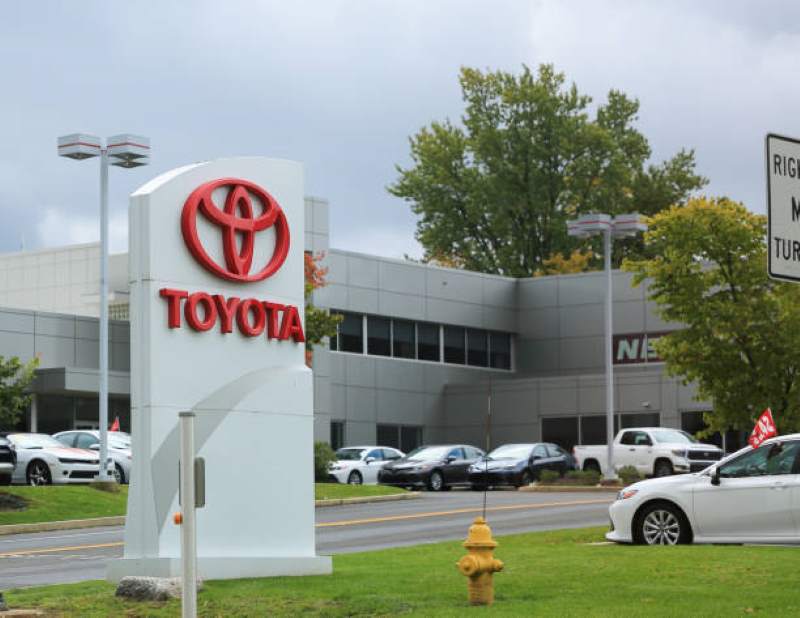Opinion
India and the UK Finalize Landmark Trade Deal Amid Global Trade Shifts
President Donald Trump’s preference for “tariffs” has not swayed the global community, which continues to push forward with trade agreements. On Tuesday, India and the UK concluded a historic deal after three years of negotiations, despite prior setbacks. The deal highlights the importance of political will and compromise in the global economic landscape.
Political Will and Strategic Compromise
Indian Prime Minister Narendra Modi and UK Prime Minister Keir Starmer played critical roles in bringing their respective governments to agreement. While there were unresolved disputes just days ago, both leaders successfully rallied their teams, overcoming hurdles to deliver a deal that promises economic benefits. Despite global volatility, nations continue to pursue economic integration.
Trade-offs and Concessions
India’s negotiators were forced to abandon certain long-standing demands, particularly concerning labor mobility. The UK, influenced by recent anti-immigrant sentiment, had limited room for such concessions. The deal ultimately reflects both countries’ shift away from manufacturing and focus on services such as financial expertise and legal consultancy.
Economic Impacts and Consumer Benefits
Officials in the UK have touted the potential economic benefits of the deal, with projections suggesting a boost to the UK’s GDP by £4.8 billion ($6.4 billion). The deal also promises lower prices on goods like shrimp and Scotch whisky. Notably, agriculture, a traditionally protected sector in trade talks, is a key component of this agreement, bringing tangible consumer benefits.

Toyota Leads Japan’s Auto Earnings Season Amid U.S. Tariff Relief
Toyota Motor Corp. officially launched Japan’s automotive earnings season following former President Donald Trump’s…
Global Shifts in Trade Focus
This consumer-centered approach to trade is not unique to India and the UK. Canada is pursuing new agreements with Indonesia and the ASEAN bloc, while the Comprehensive and Progressive Agreement for Trans-Pacific Partnership considers new entrants. Meanwhile, Japan, China, and South Korea have committed to strengthening their trilateral trade relations.
The EU and India: A Potential Game-Changer
The most significant trade agreement currently in the works is between India and the European Union. Despite decades of negotiation delays, both sides have pledged to finalize the deal by the end of the year. India’s recent trade concessions with the UK may serve as a preview of what’s to come in the EU deal.
The Trump Administration and Global Trade Liberalization
With over 70 trade agreements planned for when the Trump administration’s tariff “pause” ends, India’s ongoing trade negotiations are crucial. U.S. Treasury Secretary Scott Bessent has indicated that India will be among the first to conclude a deal with the United States. This could lead to further global trade liberalization, potentially reshaping international trade dynamics.


